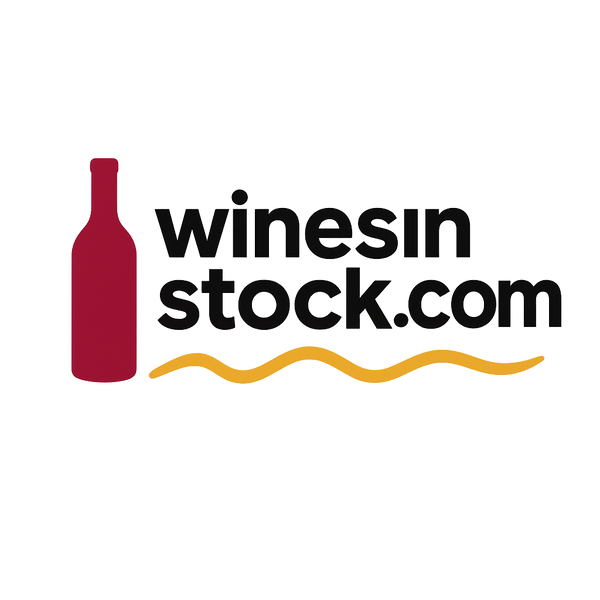
Smart wine labels enhance consumer trust
Share
The Evolution of Wine Labels: From Tradition to Technology
As the wine industry evolves, so too do the labels that adorn each bottle. Historically, wine labels were crafted with an emphasis on tradition, often featuring intricate designs, heraldic symbols, and handwritten details. These labels served not only as a form of identification but also as a canvas for storytelling, connecting consumers to the heritage of the vineyard. However, as consumer preferences shift towards transparency and authenticity, the integration of technology into wine labeling has become increasingly prevalent.
Smart wine labels, equipped with QR codes and NFC technology, allow consumers to access a wealth of information at their fingertips. With a simple scan, they can uncover the wine's origin, production methods, and even tasting notes, fostering a deeper connection with the product. This technological advancement not only enhances consumer trust but also empowers them to make informed choices. By bridging the gap between tradition and innovation, smart labels are redefining the wine experience, ensuring that each bottle tells a story rooted in both history and modernity.
How Smart Labels Improve Transparency and Authenticity
Smart labels are revolutionizing the wine industry by enhancing transparency and authenticity in ways that were previously unimaginable. These innovative labels, often embedded with QR codes or NFC technology, allow consumers to access a wealth of information about the wine they are purchasing. From vineyard practices and grape varietals to production methods and aging processes, smart labels provide a comprehensive view that empowers consumers to make informed choices.
This level of transparency not only builds trust but also fosters a deeper connection between the consumer and the wine. By scanning a smart label, wine enthusiasts can explore the story behind each bottle, including details about the winemaker and the region, thus enriching their tasting experience. Furthermore, the ability to verify the authenticity of a wine through these labels combats counterfeiting, a significant concern in the wine market. As consumers become more discerning, the integration of smart labels represents a critical step toward ensuring that the wine they enjoy is genuine, enhancing their overall confidence in the products they choose.
The Impact of Smart Labels on Consumer Trust and Brand Loyalty
Smart labels have emerged as a transformative tool in the wine industry, significantly enhancing consumer trust and brand loyalty. By integrating technologies such as QR codes and NFC chips, these labels provide consumers with instant access to a wealth of information about the wine, from its origin and production methods to tasting notes and food pairings. This transparency fosters a deeper connection between the consumer and the brand, as it empowers buyers to make informed choices based on their preferences and values.
Moreover, the interactive nature of smart labels encourages engagement, allowing consumers to share their experiences on social media or participate in loyalty programs. This not only strengthens brand loyalty but also creates a community of wine enthusiasts who feel invested in the brand’s story. As consumers increasingly seek authenticity and sustainability in their purchases, brands that adopt smart label technology position themselves as trustworthy and innovative, ultimately driving repeat purchases and enhancing long-term customer relationships.
